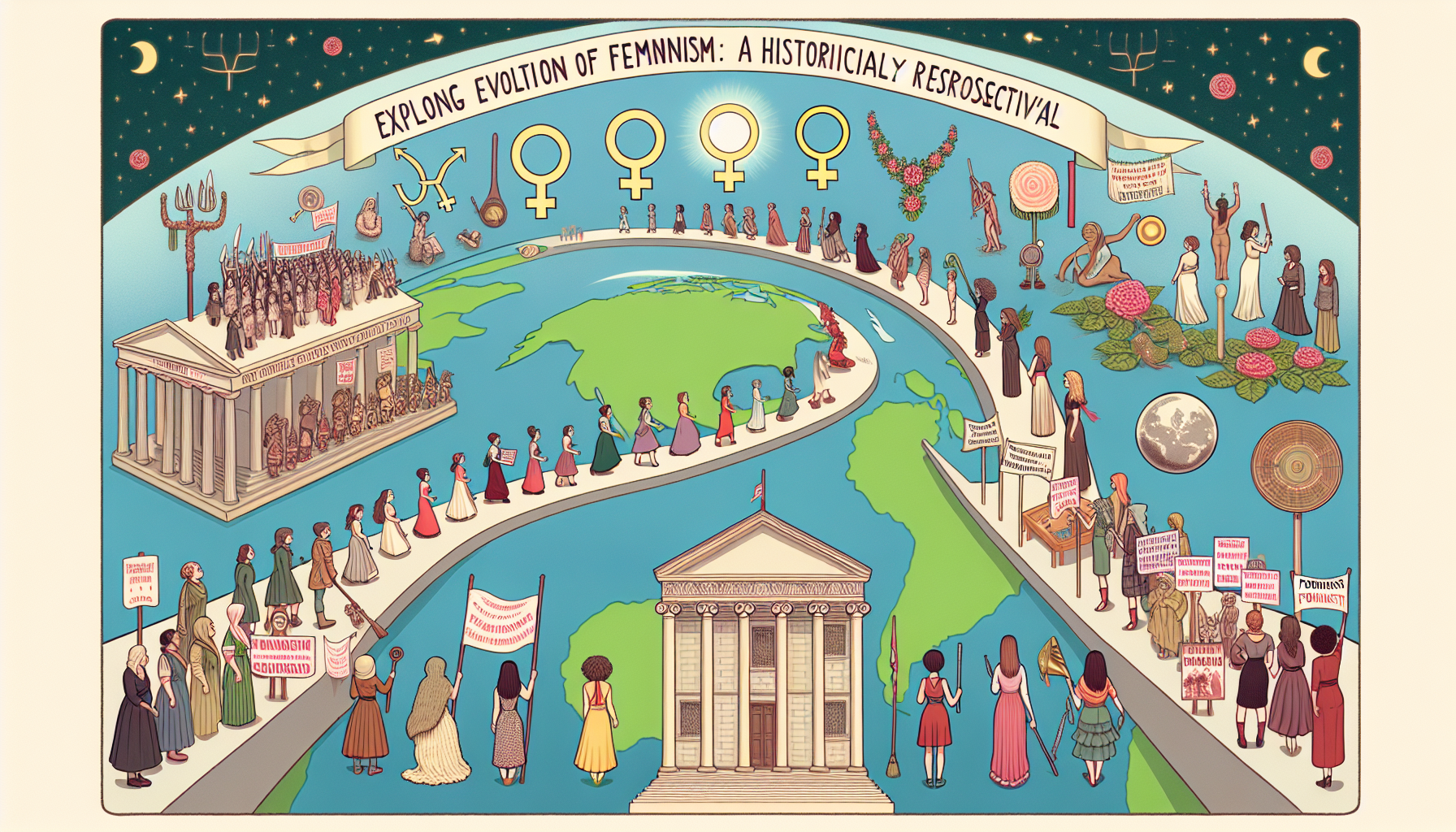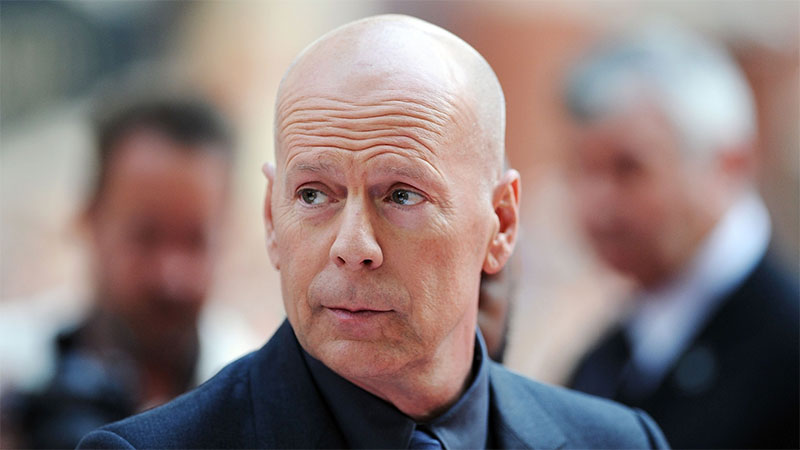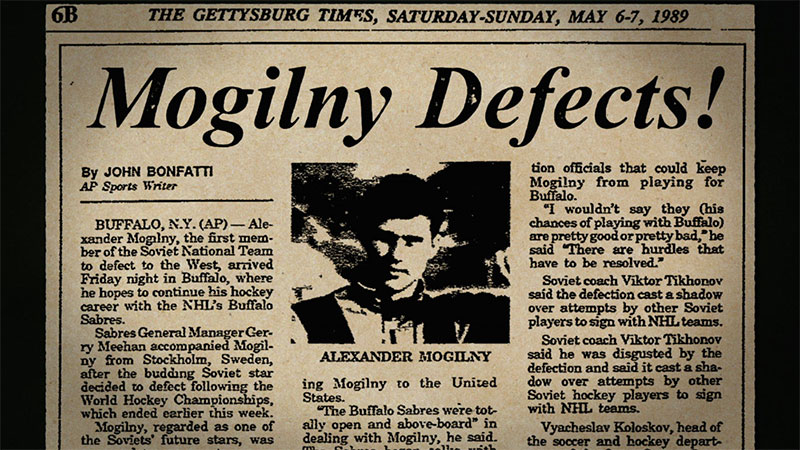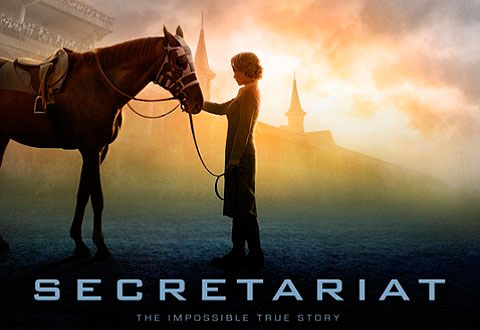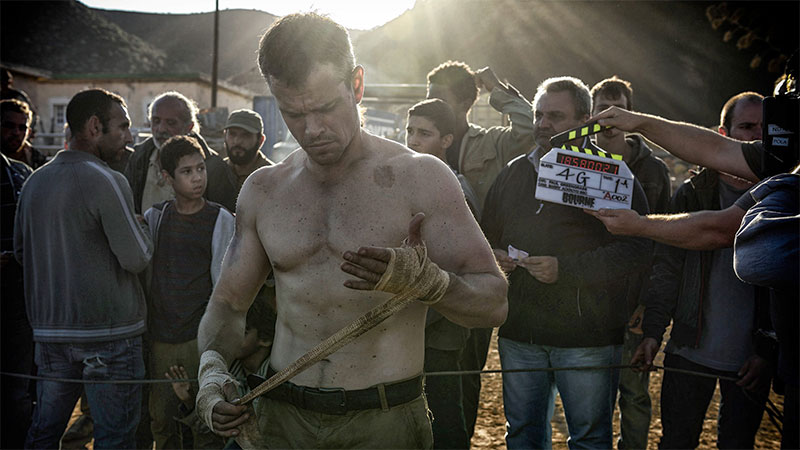Title: Exploring the Evolution of Feminism: A Historical Retrospective
To traverse the extensive journey of feminism, we must first understand what it stands for; Feminism is a social-political movement that advocates for the rights and equality of women in every sphere of life. Spanning centuries, the evolution of feminism has been a series of waves, each with distinct focuses, making remarkable strides towards equal rights for women.
The first wave of feminism, in the late 19th and early 20th centuries, was predominantly centered on legal issues, primarily women’s suffrage. Its roots can be traced back to Mary Wollstonecraft’s A Vindication of the Rights of Woman (1792) which highlighted the lack of educational opportunities for women. Pioneers such as Susan B. Anthony and Elizabeth Cady Stanton fought for women’s rights to own property, practice custody rights, and most importantly, the right to vote. After long, arduous struggles, the Nineteenth Amendment was ratified in 1920 in the USA, granting women the right to vote, marking a significant victory for the first wave.
The second wave, spanning the 1960s to the 1980s, focused on sexuality, family, and the workplace. Simone de Beauvoir’s publication, “The Second Sex” (1949), had a monumental influence on this wave, questioning the societal constructs surrounding femininity. This wave saw the rise of the term “sexism,” women pursuing careers, and popularization of the slogan, “the personal is political.” It led to legislative changes, such as the Equal Pay Act and Title IX, combating gender discrimination in employment and education. However, critiques emerged that this wave was largely centered around the concerns of middle-class, white women, thus failing to address intersectionality — the overlapping of various social identities.
Emerging in the mid-1990s to early 2000s, the third wave attempted to rectify the pitfalls of its predecessor. It recognized that women’s experiences were not monolithic but varied based on race, socioeconomic status, sexual orientation, and other intersecting identities. This wave, popularized by Rebecca Walker and Riot grrrl bands, defined a more fluid concept of femininity and gender roles. In addition to legal and institutional equality, the third wave feminists sought to challenge and change societal norms and expectations.
In recent years, the concept of ‘fourth-wave’ feminism has emerged, marked by technological advances and the usage of social media. It amplifies the issues of sexual harassment, assault, and body shaming, along with the celebration of intersectionality and encouragement of men’s involvement. It involves online initiatives such as #MeToo and #TimesUp, which resonate with women globally and motivate collective action against sexual misconduct.
Its evolution mirrors societal changes and the emergence of new issues, confirming feminism as a dynamic, transformative force. However, despite significant strides, the battle is not yet over. Globally, women still face issues such as gender-based violence, income disparity, reproductive rights constraints, and underrepresentation in politics or corporate leadership.
Critics often misunderstand feminism as a man-hating movement or a drive for female superiority. However, it is the quest for equality, breaking down patriarchal norms and advocating for both women and men to be free from stereotypical gender roles. While each wave has had its focus, the primary goal remained constant: to achieve gender equality in every arena of life.
In conclusion, the history of feminism is a testament to the bravery and resilience of numerous women (and men) standing up against archaic norms and oppressive systems. The evolution of feminism shows the transformative power of collective efforts aimed at combating gender inequality and creating a fairer and more inclusive world. As we move forward, we perpetually carry the torch, fueled by progress made, towards a future where every individual enjoys equal rights and opportunities, uninhibited by their gender.
Related content
- Uncovering the Truths Behind the American Civil War: A Historical Examination
- World War II: A Comprehensive Historical Retrospective
- A Look Back at the Industrial Revolution: A Historical Retrospective
- A Cinematic Odyssey: A Review of The Irishman (2019)
- Review: Good Boys (2019) – A Hilariously Profane Journey of Adolescent Curiosity

